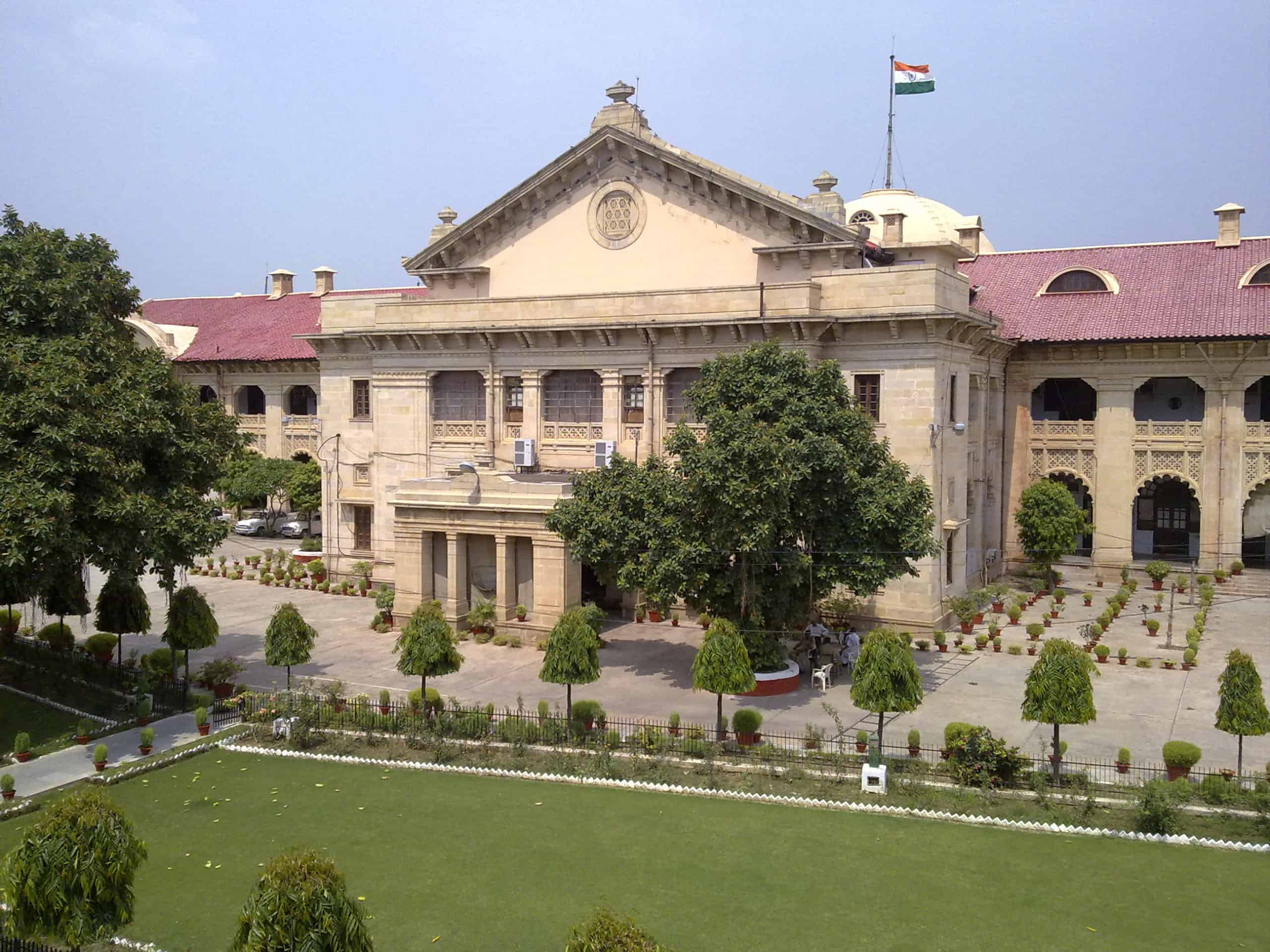The Supreme Court on Wednesday held that an application under Section 12 of the Protection of Women from Domestic Violence Act of 2005 (Act) need not be filed within a period of one year of the alleged acts of domestic violence [Kamatchi vs Lakshmi Narayanan].
Section 12 of the Domestic Violence Act 2005 provides that an aggrieved person or a protection officer or any other person on behalf of the aggrieved person may present an application to the Magistrate seeking reliefs under the Act.
The bench of Justices UU Lalit and PS Narasimha held that the High Court wrongly equated filing of an application under Section 12 of the Act to lodging of a complaint or initiation of prosecution.
“In our considered view, the High Court was in error in observing that the application under Section 12 of the Act ought to have been filed within a period of one year of the alleged acts of domestic violence,” the Court said.
The bench was dealing with the issue of whether the application preferred under Section 12 of the Act was rightly considered by the Madras High Court for reckoning the period of limitation.
The High Court had taken a view that the application ought to have been filed within one year of the incident and since the appellant had left the matrimonial home in the year 2008, “the application was abuse of process of the court.”
Here the wife had moved an application under Section 12 of the DV Act in 2018, eleven years after she was married. The application sought appropriate action against husband and her in-laws under Sections 17 and 18 of the Act.
The husband and in-laws, thereafter, moved the High Court under Section 482 of Criminal Procedure Code seeking to quash the complaints. The High Court allowed the plea, quashed the charges and dismissed the wife’s application holding that application ought to have been filed within one year of the incident.
This High Court order was challenged before the Supreme Court.
The top court placed reliance on its 2014 Constitution Bench judgment in Sarah Mathew v. Institute of Cardio Vascular Diseases etc. in which it was held that though Section 468 of the Code of Criminal Procedure mandates that ‘cognizance’ ought to be taken within the specified period from the commission of offence, by invoking the principles of purposive construction, “a complainant should not be put to prejudice, if for reasons beyond the control of the prosecuting agency or the complainant, the cognizance was taken after the period of limitation.”
The top court further said that by the time an application is preferred under Section 12 of the Act, there is no offence committed in terms of the provisions of the Act and as such there would never be a starting point for limitation from the date of application under Section 12 of the Act
Such a starting point for limitation would arise only after there is a breach of an order passed under Section 12 of the Act, the Court said.
“The provisions of the Act contemplate filing of an application under Section 12 to initiate the proceedings before the concerned Magistrate. After hearing both sides and after taking into account the material on record, the Magistrate may pass an appropriate order under Section 12 of the Act. It is only the breach of such order which constitutes an offence as is clear from Section 31 of the Act. Thus, if there be any offence committed in terms of the provisions of the Act, the limitation prescribed under Section 468 of the Code will apply from the date of commission of such offence,” the judgment stated.
The scope of notice under Section 12 of the Act is to call for a response from the respondent in terms of the statute so that after considering rival submissions, appropriate order can be issued, the apex court explained.
The Court, therefore, allowed the appeal and set aside the decision of the Madras High Court.
The husband was asked to file his response before the Magistrate within two weeks and the matter should thereafter be considered by the Magistrate in terms of the provisions of the Act, the Court directed.
The Court also made it clear that no opinion as to merits of the case has been expressed by the bench.
Advocate Sharath Chandran appeared for the appellant while Senior Advocate Siddhartha Dave appeared for the respondent.
Read Judgment here
Source Link



